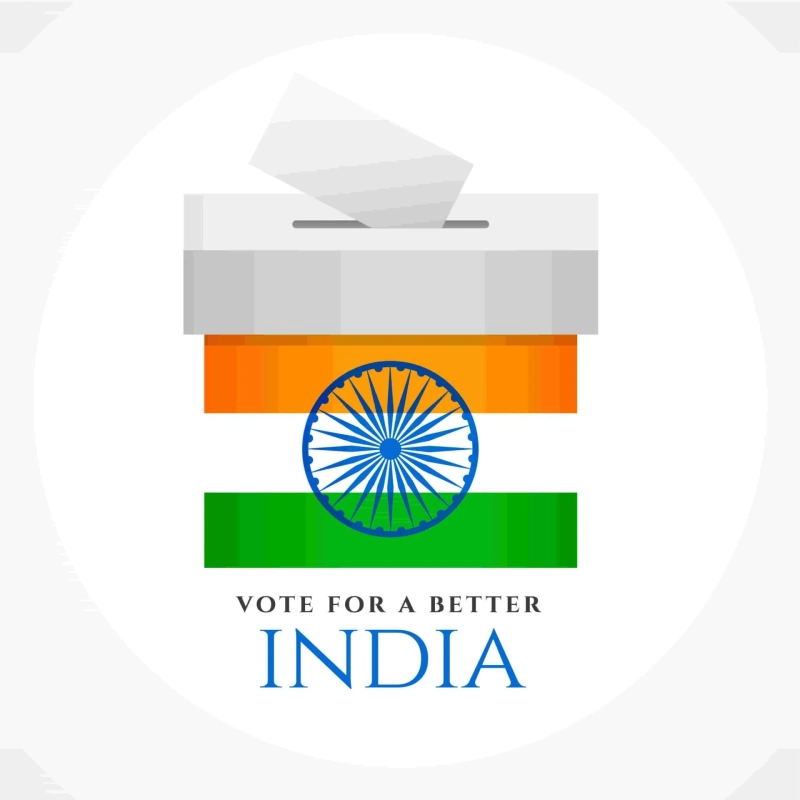The concept of "One Nation, One Election" has been a topic of intense debate and discussion in the political landscape of India and in many other countries around the world. This proposed electoral reform suggests synchronizing the schedules of various elections in the country, primarily the Lok Sabha (Parliament) and State Legislative Assembly elections, to be held simultaneously. Proponents argue that this move could bring about numerous advantages, while critics have raised valid concerns.
Advantages:
Reduced Expenditure: Conducting elections at multiple levels, such as the national, state, and local, incurs significant expenses. Combining these elections into one event could potentially lead to substantial cost savings, allowing for more efficient allocation of resources. Less Disruption: Frequent elections can disrupt governance as political parties often prioritize campaigning over policy implementation. Synchronizing elections could lead to more consistent and focused governance. Enhanced Voter Turnout: With multiple elections taking place throughout the year, voter fatigue can set in, leading to lower turnout in certain polls. Simultaneous elections might encourage more citizens to participate, as they would only need to vote once in a while. Stability: Continuous elections can result in unstable governments, especially at the state level. Simultaneous elections could help in establishing more stable governments with longer terms, potentially leading to better policy planning and execution. Reduced Polarization: Frequent elections can lead to divisive politics and constant electioneering. Longer election cycles could reduce the intensity of political polarization and encourage parties to focus on governance.
Concerns:
Constitutional Challenges: Implementing "One Nation, One Election" requires changes to the Constitution of India, as the terms of various legislative bodies differ. This could lead to complex legal and constitutional challenges.Logistical Challenges: India's vast size and diversity present logistical challenges in conducting simultaneous elections. Organizing security, polling stations, and managing resources for a nationwide election can be daunting.Conflict with Regional Interests: Critics argue that simultaneous elections might overshadow regional issues and concerns, as the focus could shift to national politics. Smaller regional parties fear that their voices might be drowned out.Impact on Federalism: India's federal structure allows for state autonomy in many matters, including elections. Centralizing elections could be seen as undermining the principles of federalism.Imbalance in Campaign Resources: National parties might have an advantage in simultaneous elections, as they typically have greater resources and reach. This could disadvantage regional parties and independent candidates.
In conclusion, the One Nation One Election debate is a complex issue that requires careful consideration of both its potential benefits and drawbacks. While it aims to bring about efficiency and stability in the electoral process, it also raises concerns about its impact on federalism and regional representation. Any decision to implement such a reform should involve thorough discussions, legal amendments, and the consensus of all stakeholders to ensure the integrity of India's democratic system.


